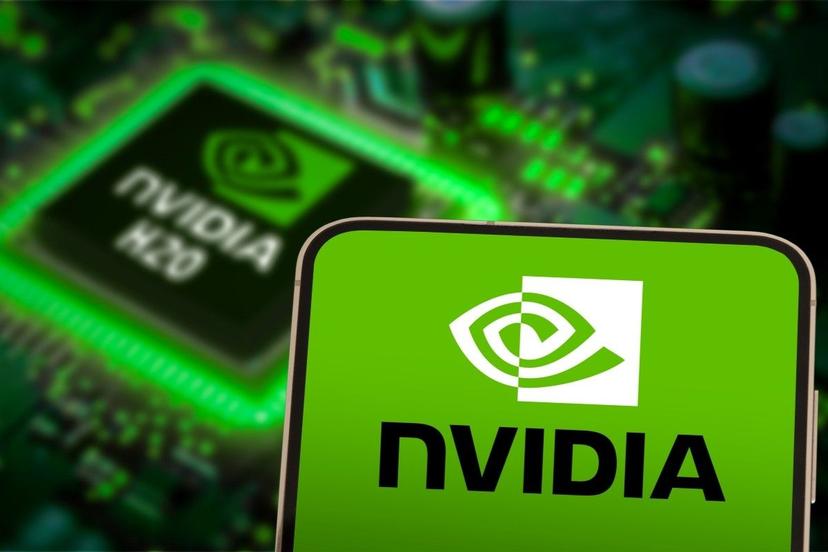Tokenization of Assets Is a ‘Freight Train’ for Markets, Robinhood CEO Says
By Tredu.com • 10/2/2025
Tredu

Tenev says tokenization is set to rewire finance
Robinhood CEO Vlad Tenev told the Token2049 conference that the tokenization of assets, from public equities to real estate, has become an unstoppable “freight train,” with policy frameworks taking shape across major markets. He argued that on-chain rails will merge with traditional finance over the next few years, enabling 24/7 trading and global distribution.
How Robinhood is positioning
Tenev’s comments follow Robinhood’s push into tokenized stocks for European users this year, pitched as a way to trade U.S. names around the clock while settlement occurs on blockchain infrastructure. The company has also trailed tokenized exposure to private companies via SPVs, though issuers have cautioned that such instruments aren’t direct equity. The initiative situates Robinhood among a growing field of firms testing real-world assets (RWA) on public chains.
Why “freight train” now: demand, tech and policy
Tenev framed tokenization of assets as a convergence of three forces: (1) user demand for instantaneous, borderless access; (2) infrastructure advances that make custody, identity and compliance programmable; and (3) clearer rulemaking abroad than in the U.S. In Singapore, he predicted most major markets will have tokenization frameworks this decade, with the U.S. likely trailing early movers in Europe and Asia.
What gets tokenized first
Early candidates include public shares (wrapped into on-chain instruments), private equity claims (delivered via SPVs or feeder vehicles), and property or fund units that benefit from fractionalization and faster settlement. Tenev also singled out real estate as a logical next step, an asset class where fractional ownership and 24/7 secondary trading could expand liquidity pools and compress spreads.
Competitive ripples: brokers, exchanges, and clouds
A “freight train” of tokenization would challenge legacy gatekeeping in issuance, transfer agents and transfer windows. Traditional brokers and exchanges are experimenting with blockchain-based registries and T+instant settlement, while GPU-rich cloud providers scale indexing, custody and proof services to meet throughput. Bloomberg likewise captured Tenev’s view that tokenization could “eat finance,” forcing incumbents to adapt fee models to on-chain venues.
Frictions and caveats: what could slow adoption
Despite momentum, real constraints remain. Legal nature of tokens (claim vs. title), issuer consent, investor protections, and cross-border compliance are unresolved in several jurisdictions. The Robinhood launch in Europe highlighted these tensions when OpenAI distanced itself from token references. These episodes underscore that market structure and disclosure standards must harden before mainstream portfolios reweight to RWAs at scale.
Market impact: who stands to gain if the thesis holds
- Exchanges & brokers: Those first to harmonize on-chain registries with existing CSDs can win order flow and list new RWA products without fragmenting liquidity.
- Asset managers: Tokenized funds with built-in compliance (whitelists, geography locks) could open distribution and lower admin costs, particularly for private markets.
- Infrastructure & custody: Chains, indexers and qualified custodians gain from programmable compliance and 24/7 trading demands; winners will pair low latency with robust KYC/AML modules.
- Issuers: Fractional issuance offers cheaper cap raising and deeper international investor bases, but will hinge on regulatory passports and secondary-market supervision.
(Analytical synthesis informed by Tenev’s remarks and recent rollouts.)
U.S. vs. rest of world
Tenev suggested the U.S. may lag Europe in formalizing tokenization rules even as American investors drive demand. That divergence could spur venue competition, tokens listing first in the EU/UK or Singapore, with eventual cross-listing once U.S. regimes catch up. Until then, risk disclosures and clear issuer permissions will be pivotal to avoid confusion over what a token actually represents.
Signals to watch next
- Regulatory blueprints: Concrete frameworks from EU/UK/SG that define token legal status, disclosure, and investor protections, and any pilot sandboxes that migrate into full regimes.
- Issuer-authorized tokens: Large caps, real estate investment platforms, or PE funds endorsing tokenization of assets with explicit legal claims.
- 24/7 trading liquidity: Depth and spreads on after-hours venues; whether market makers price continuous risk efficiently on-chain.
- U.S. posture: Movement from federal agencies or Congress to narrow the gap with early adopters abroad.

How to Trade Like a Pro
Unlock the secrets of professional trading with our comprehensive guide. Discover proven strategies, risk management techniques, and market insights that will help you navigate the financial markets confidently and successfully.


